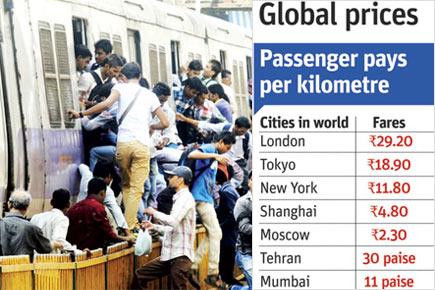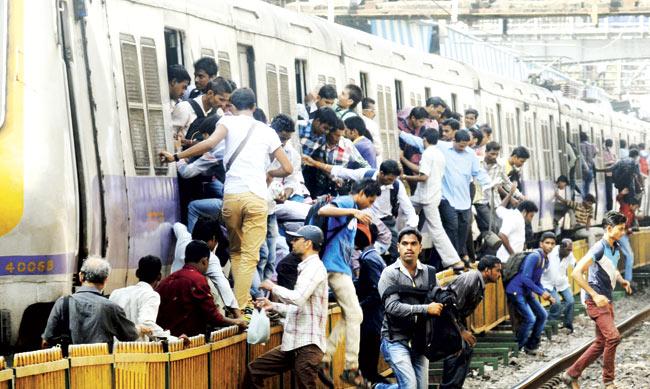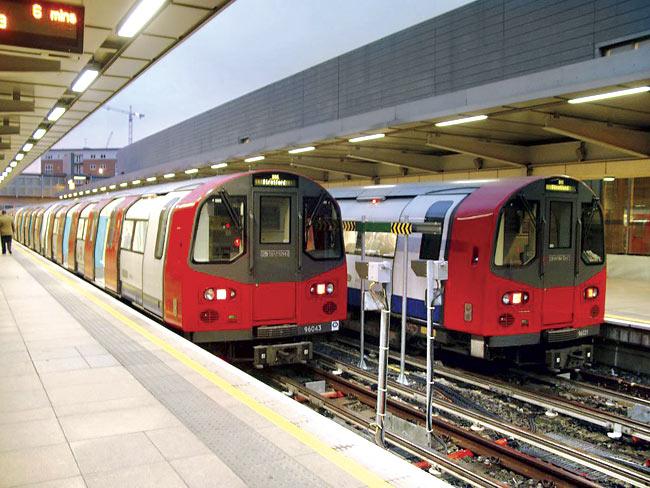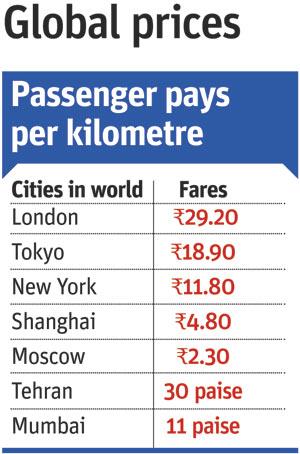After the public backlash that forced back the railway fare hike, you should know that the city’s suburban railway remains one of the most affordable rail transport across the globe

The most important things in life are free, and the second-most important are, at least in this city, heavily subsidised. While there was understandable outcry after the railways proposed a more-than-100 per cent hike in season passes to shore up its cash chest, you, Mumbaikar, will be grateful to know that the rail tariffs in your city are the cheapest when compared to other metropolitans in the world, from London to Tehran.
Mumbai
ADVERTISEMENT
Last month, after the railways’ announcement of the unprecedented fare hike, Mumbaikars flooded ticket counters to buy monthly, quarterly, half-yearly and yearly passes before the new tariffs were to roll out. But due to a chorus of protesting voices from political and civil quarters, the railways was forced on its back foot, and rolled back the hike to a flat 14.2 per cent across all fares for both suburban and long-distance trains.
London
Railway officials say A-rate international cities manage to provide better amenities onboard and at terminals because they charge higher fares
But now that we have crossed that bridge of a mountainous hike safely, it may be prudent to coolly assess how fares in the city compare with others in the world, based on current rates of conversion. The nation’s financial capital is routinely compared with other international cities on various criteria, transport being the foremost.
Mumbai’s suburban rail network ferries a mammoth 75 lakh people every day 40 lakh on Central and 35 lakh on Western Railway. And it charges a mere 11 paise per kilometre from a commuter in second class, which sees inordinately dense crowds during peak hours, since it takes the load of 70 per cent of all rail passengers.
Even a first-class commuter pays not more than 37 paise per kilometre, still one of the cheapest in the world. Consider, too, that there isn’t much in the way of disparity between second and first-class compartments the latter’s only advantage being cushioned seats on which three people sit, instead of four as is the case with second class.
The most expensive city for train travel is London, where one spends at least Rs 29.20 per kilometre. Presently, the United Kingdom’s pound is out of leaps when compared to the Indian rupee. Next in line is the railway network operating in Tokyo, where the fares are Rs 18.90 per kilometre, followed by New York at Rs 11.80/km.
The cheapest suburban rail transport after Mumbai is in Tehran, which charges around 30 paise/km. You, of course, pay for this hyper affordability in other ways mostly by compromising on service. Railway officials say A-rate international cities manage to provide better amenities onboard and at terminals because they charge higher fares.

“We can only expect world-class rail network, better infrastructure and modern amenities at railway stations in Mumbai if the fares are competitive. With the rollback, the tariffs hardly make any difference in our earnings,” said a senior railway official.
Even Shanghai, whose model the politicians here keep citing as exemplary, charges Rs 4.80/km from each passenger. During the recently released Railway Budget, Union Railway Minister Sadananda Gowda said that the escalation in tariffs was a tough measure, but was necessary to rake in an additional R8,000 crore in the railways’ kitty. However, now that the original revision in fares has been revoked, this target revenue remains elusive.
Transport experts, nevertheless, feel that the augmentation of train services has to come with limited fares, since Indian Railways is not the only loss making public transport. The world over, railway undertakings incur losses to provide citizens efficient, reasonably priced services.
 Subscribe today by clicking the link and stay updated with the latest news!" Click here!
Subscribe today by clicking the link and stay updated with the latest news!" Click here!







